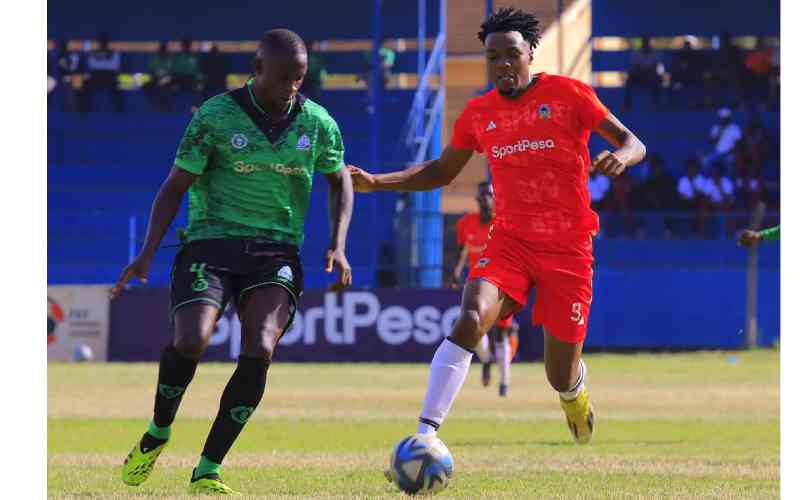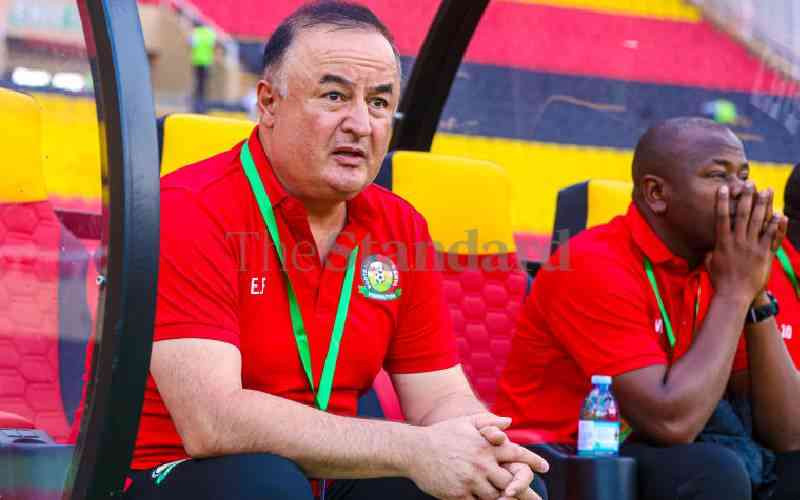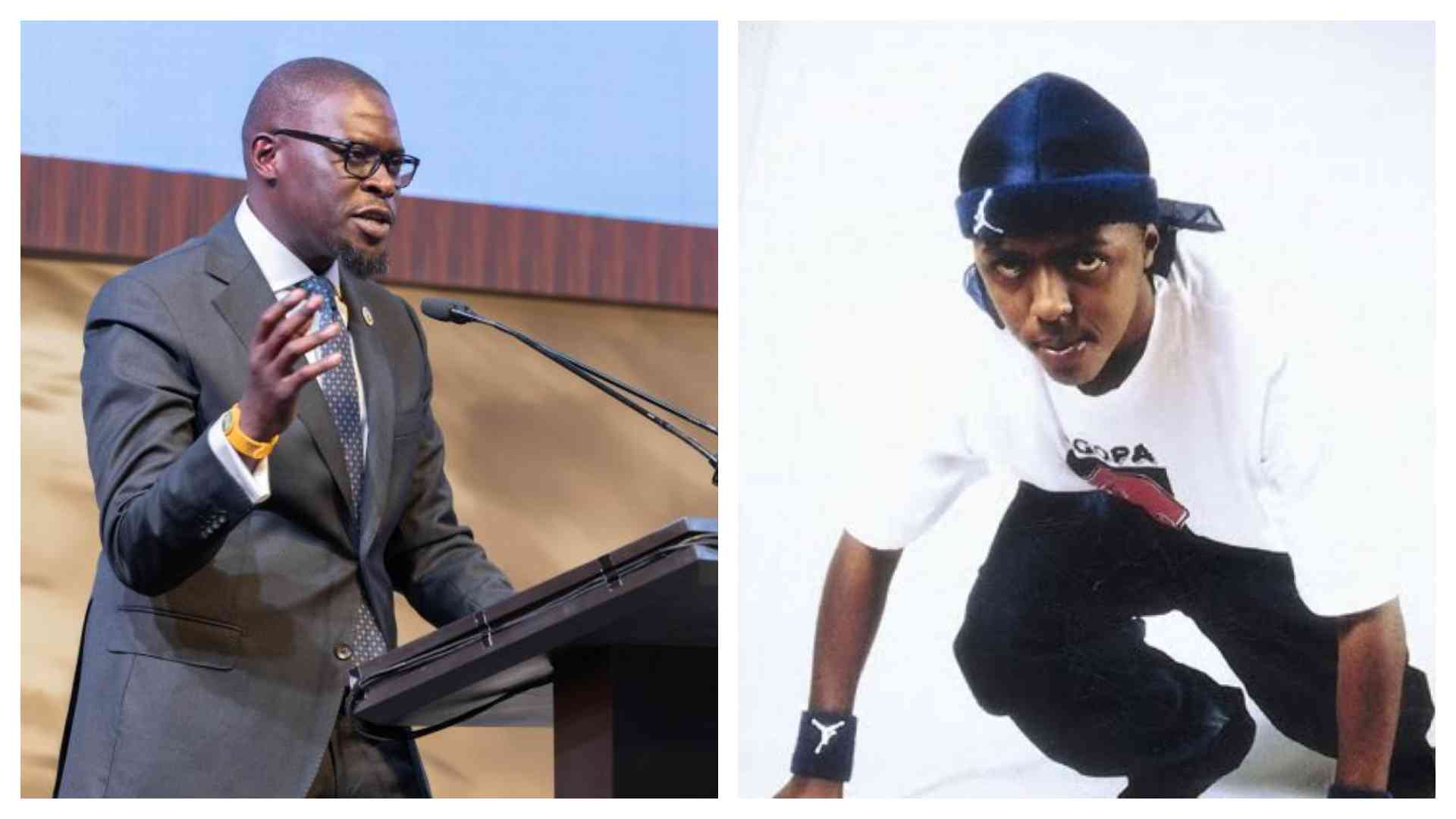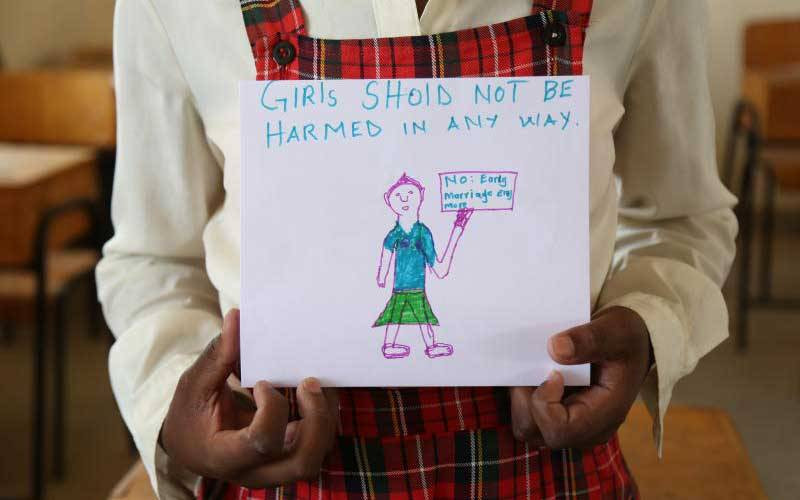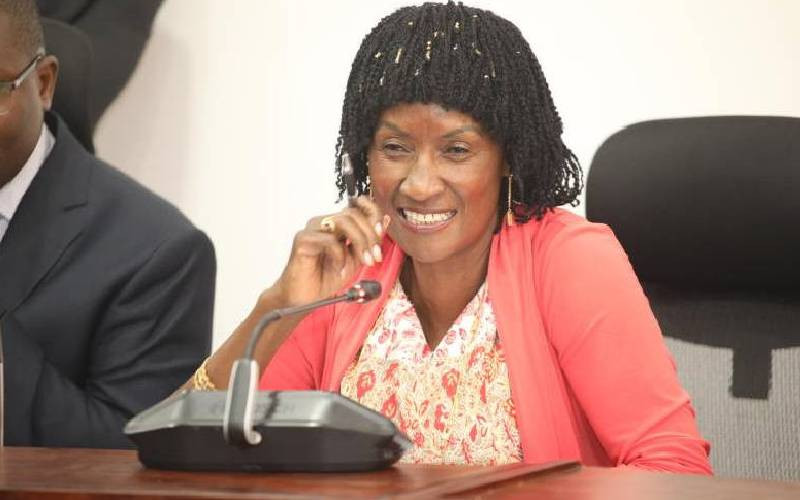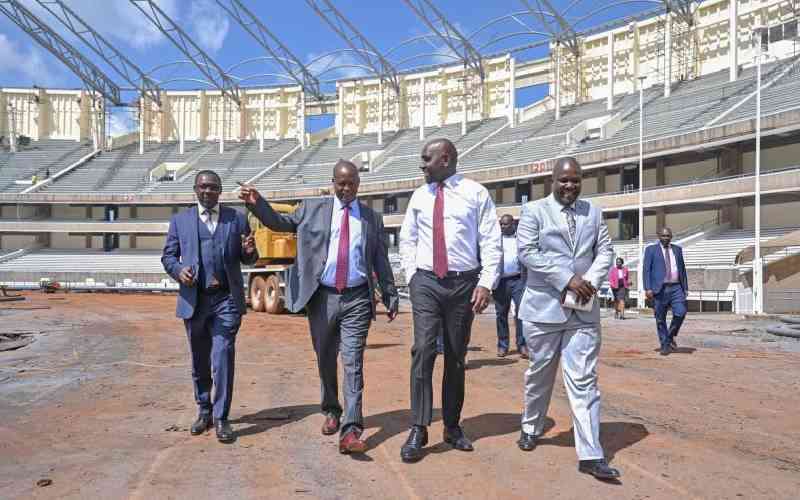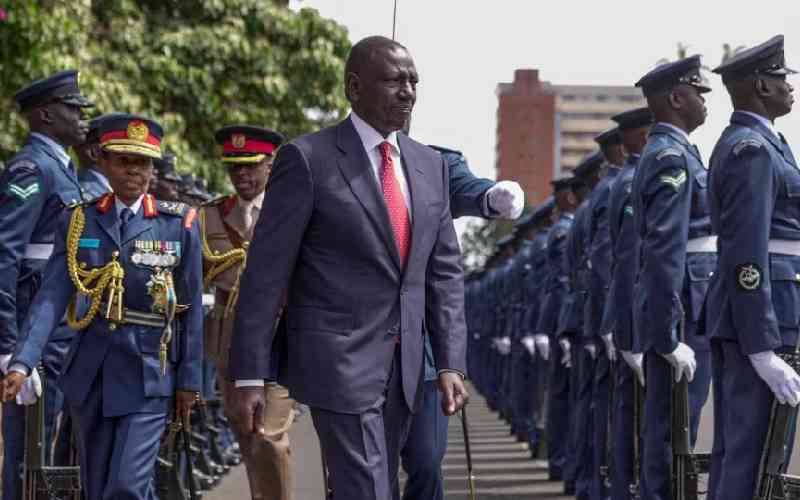
This was a perfect week to write about Kenya’s tourism fortunes and how the pandemic has affected the hospitality industry, but Football Kenya Federation mandarins spoilt the party. The plan was to narrow down on domestic tourism, not just because I was at Lake Naivasha Country Club for two nights and had a good time, but because industry stakeholders have found ways of enticing local customers.
Domestic tourism is being embraced after years of stakeholders selling Kenya majorly to foreigners—proving that our love for things foreign goes beyond Europe’s football leagues and its coaches, which FKF boss Nick Mwendwa swears can’t help Harambee Stars because Kenya lacks footballing talent.
Kenyans were always treated to tokenism, by being encouraged to enjoy touristic products during the so-called long weekends and public holidays, when they would be offered special rates. But times are a-changing, unless you are an FKF official or its president. Entities like Lake Naivasha Country Club, which are recovering from pandemic-induced financial stress, are still running because of Kenyans.
The reason being we can even hop into mass transport and go enjoy the serenity of the lush lawns overlooking the lake and other luxuriant facilities and fun activities on offer.
You could say tourism stakeholders saw the light before it dimmed for Harambee Stars and figured that the little money locals can consistently spend is better than the seasonal windfall from foreigners.
Thus, they tweaked their business plans, unlike footballing administrators who are ignorantly rigid, to attract small spenders who can visit any time of the year without waiting for wintery seasons so they can go to another continent to enjoy the sun.
Of course there are a million things that can be done to attract more domestic and foreign tourists and improve Kenya’s tourism fortunes, unlike in football where there is totally no hope with the current federation’s administration.
To be fair, stakeholders, even the many unlovable State and quasi-State tourism bodies, looked inwards, recognised the hitches and have continued to correct them.
The results of this internal audit are visible in the form of touristic products sprouting in the counties and catering to both deep and shallow-pocketed foreigners and locals.
This introspection, recognising self-inflicted wounds and treating them is what FKF has refused to do so that football can play a role in promoting sports tourism. Had the local league been vibrant, Kenyans would gladly travel hundreds of kilometres to watch their favourite teams and in the process spend their small monies in tourism establishments in those towns, leaving everyone happy and loving local football because they can see its benefits.
That aside, sports stadia would be part of the tourism circuit that people can visit to see the memorabilia and silverware of clubs and the national team and even buy merchandise.
But such is not possible because the clubs are dying financially, and the federation is hastening their deaths with its poorly thought out fiats from a federation boss who loves listening to his voice. Furthermore, he lives in an echo chamber of his yes men and women, which includes sports journalists who insist that Kenyan football is growing and blame external factors for the federation’s numerous missteps.
These hurried decisions and pronouncements affect not just footballers’ dependents but ordinary Kenyans who suspend their engagements to watch Harambee Stars playing but are heartbroken by how embarrassingly they are thrashed.
Thus, the federation is not just killing the spirits of footballers, but even tourism stakeholders who cannot sell to their guests replica kits of the national team or local clubs.
Stay informed. Subscribe to our newsletter
This is not because they are unavailable, but are also not sellable since they have no honour, no memorable victories attached to them. They are worthless pieces of fabric because the federation is out to kill football through stop-gap interventions like firing national team coaches and hiring others in under a week.
Reason? “Because we feared plunging the country in another compensation plan for a sacked coach ... we have paid one coach around Sh110 million because of decisions that were not made properly before.”
Those words by Mwendwa almost made me choke on the vegetable salad I was enjoying at Lake Naivasha Country Club. Then it got worse: “Even if you bring Jose Mourinho, even if you bring Mikel Arteta ... the work that needs to be done is that we need to bring talent to the table. For you to win, you need quality players.”
Mwendwa insults the sensibilities of Kenyans because he gets free airtime. He thinks screaming at Kenyans is his job description. He needs to be ignored. That way, he might just stick to what he was elected to do and improve Kenyan football—probably to the level that hospitality industry stakeholders did to domestic tourism.
 The Standard Group Plc is a
multi-media organization with investments in media platforms spanning newspaper
print operations, television, radio broadcasting, digital and online services. The
Standard Group is recognized as a leading multi-media house in Kenya with a key
influence in matters of national and international interest.
The Standard Group Plc is a
multi-media organization with investments in media platforms spanning newspaper
print operations, television, radio broadcasting, digital and online services. The
Standard Group is recognized as a leading multi-media house in Kenya with a key
influence in matters of national and international interest.
 The Standard Group Plc is a
multi-media organization with investments in media platforms spanning newspaper
print operations, television, radio broadcasting, digital and online services. The
Standard Group is recognized as a leading multi-media house in Kenya with a key
influence in matters of national and international interest.
The Standard Group Plc is a
multi-media organization with investments in media platforms spanning newspaper
print operations, television, radio broadcasting, digital and online services. The
Standard Group is recognized as a leading multi-media house in Kenya with a key
influence in matters of national and international interest.


